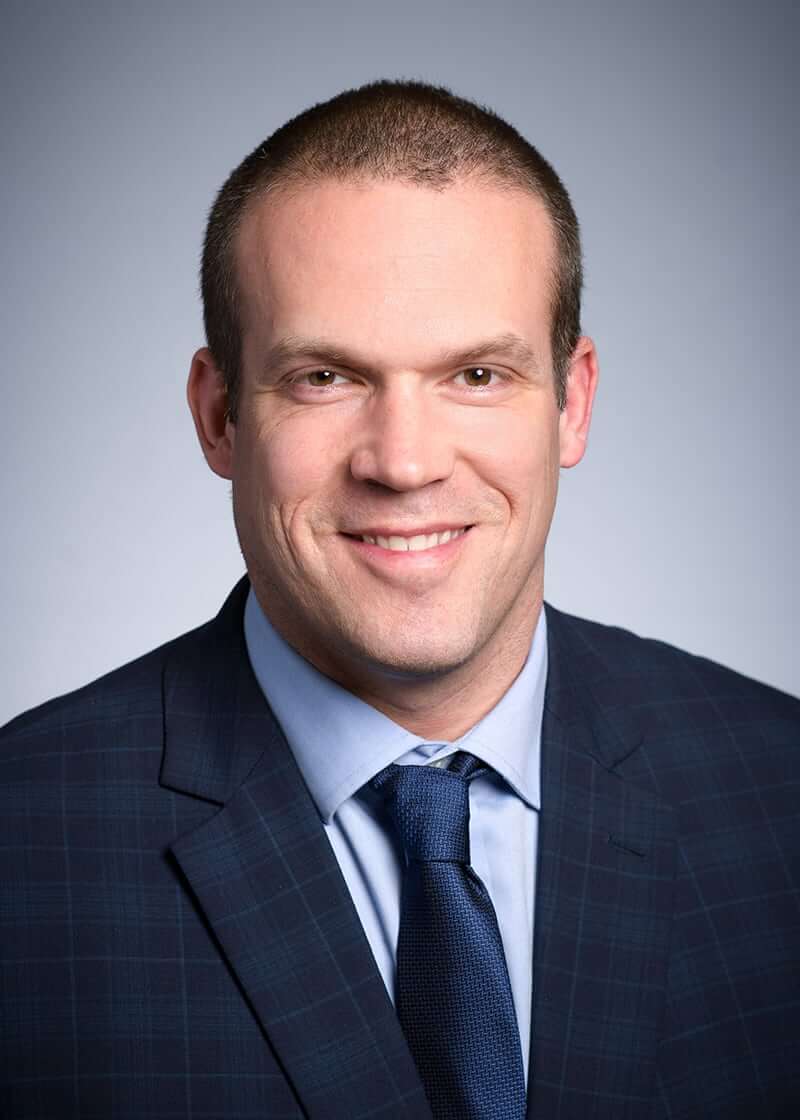Broad research focus?
I study the determinants and consequences of obesity; particularly, the relationship between socioeconomic position and body weight. Admittedly, I am one of many, many researchers working in this area, and this group of researchers is itself only a small subset of the nation-state sized group of researchers examining the relationship between socioeconomic status (SES) and overall health. My particular niche is using both observational and randomized designs to inform our understanding of this relationship. Another distinguishing feature of my research is testing a proposed social-psychological explanation for the relationship between socioeconomic position and obesity, which goes beyond the typical sociologic and economic explanations. The latter distinction is important because of its potential application to value expectancy theories, a large class of human behavior change theories commonly used to guide the development of interventions.
Another area of focus is how events earlier in life impact health much later in life. Within the life course framework is the concept of a "trigger" effect: had the triggering event not occurred, the prior exposure would have had no effect on disease risk. Trigger effects are difficult to empirically identify, which is why I'm especially excited about my collaboration with Daniel Smith, Assistant Professor in UAB's Department of Nutrition, who has proposed that weight loss is a trigger effect for prior exposure to lipophilic chemicals, increasing the risk of Alzheimer's disease and related dementias. Testing this hypothesis will require a truly multidisciplinary team and we are excited to collaborate with fellow SOPH faculty Drs. Kristina Zierold and Huifeng Yun to continue developing this idea.
Why Public Health and the UAB SOPH?
My PhD is in sociology and there is a lot of overlap between the two disciplines, as both sociology and public health emphasize the study of populations. My dissertation bridged sociology and public health by exploring the long-term influence of childhood disadvantage on adult weight using data from the Health and Retirement Study and the 2010 Decennial Census and American Community Survey. I found that childhood SES was not associated with adult obesity after accounting for both adult SES and neighborhood characteristics, including measures of neighborhood economic advantage and the built environment. This research was funded by an NSF Dissertation Improvement Grant, and the then-director of UAB's Nutrition Obesity Research Center saw the award on NSF's website and invited me to come to UAB as an NIDDK T32 postdoctoral fellow. Though I did not realize it at the time, that's also when NIH review panels assumed control of my career.
An exciting ongoing project?
I'm excited about a project that uses data from the 1958 National Child Development Study (NCDS) out of the UK. The NCDS attempted to collect information on every birth in England, Scotland, and Wales during a particular week of 1958 and follows most of the original cohort to present day. One of our aims is to test the hypothesis that a "mismatch" between parental weight and their offspring's birth weight yields a higher risk for mortality in the offspring. This hypothesis draws on the idea of adaptive developmental plasticity, in which individuals may be physiologically 'calibrated' during early development to be healthier at a given body weight.
A favorite conference to attend?
Cliche, but I enjoy the American Public Health Association (APHA) meeting because it brings together a professional network that supports the research and practice of public health. I am active with one of the interest sections of APHA: the Ethics Section. My participation in the Ethics Section has allowed me to work with national leaders in public health ethics that I never would have had the opportunity to meet otherwise. Thus, though public health ethics is a bit afield from my content expertise, I'm grateful that I took the risk and joined as a volunteer.
Most prized professional accomplishment to date?
Facilitating the dissemination of a new Public Health Code of Ethics. I was not a part of the writing group until the very final editing stages, but I enjoyed sharing the code with stakeholders and working with the Ethics Section to develop educational resources to accompany the code and its implementation. Faith Fletcher, Assistant Professor in my department, was an early member of the writing group.
If not academia, then ... ?
I'd be a Homesteader.
